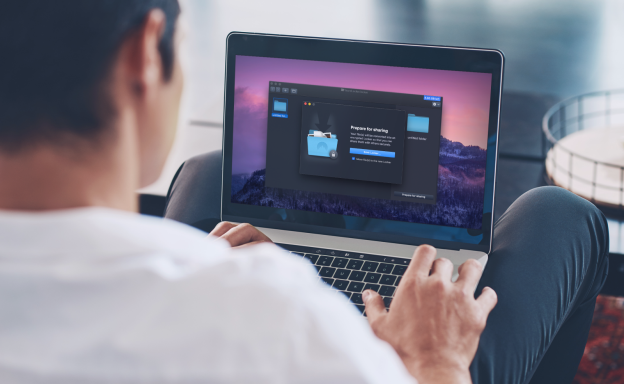is internationally known as Data Protection Day. For the 15th time, the celebration continues to raise awareness about the importance of protecting personal information online.
“Even though official digital service providers must be compliant with various data privacy regulations like GDPR and CCPA, users themselves need to stay vigilant and make sure their private data is kept private,“ warns Oliver Noble, a cybersecurity expert at NordLocker, an encryption-powered data security solution. “There are countless stolen email, social media, and even bank accounts for sale on the dark web, and they might have ended up there just because their owners were careless online and failed to protect their login details.”
To remind users once again how to take care of the privacy and protection of their personal information, the expert lists seven easy practices we all should adopt in our everyday lives.
- Never reuse your password for several online accounts. Instead, create a lengthy, complex, and unique password for each account. A password manager is a great solution to help you generate strong passwords and store them in one safe place.
- Stay away from unsafe public internet and always turn off the Wi-Fi connection on your device when it’s not in use. If you absolutely need to connect to a public network, protect your connection with a VPN (virtual private network). The tool encrypts the communication passing between your device and the internet, preventing outsiders from intercepting your traffic.
- Go over your privacy and security settings and decide what data you feel comfortable sharing. Always question apps that ask for permission to access your contacts, location, or camera even though they don’t need those to do their job. Also, limit what information you share on social media and with whom.
- Encrypt the sensitive files you store on your computer, smartphone, and in the cloud. There’re easy-to-use file encryption tools like NordLocker that turn all your files and information into uncrackable codes that even skilled hackers can’t read without your permission.
- Make sure your computer and smartphone run on the latest version of the operating system. New system updates usually include important fixes that patch known security vulnerabilities.
- Shop online carefully and only on websites whose addresses contain a padlock symbol and start with “https://” (“s” stands for “secure”). This means that the connection between the e-shop server and your web browser is encrypted.
- Learn to identify phishing, a social engineering technique that tricks users into giving away sensitive information. It usually appears in the form of an email with a dodgy attachment, or it may include a link to direct you to a website asking to enter your personal details. Often, a sender of such email pretends to be a well-known service, like a bank.





